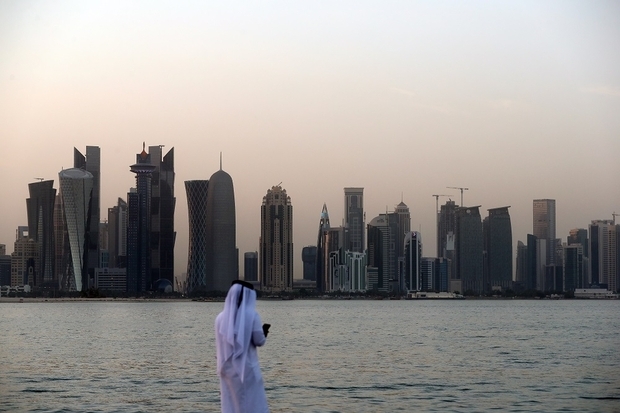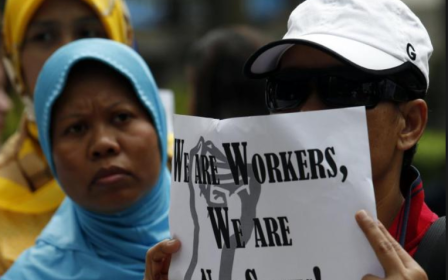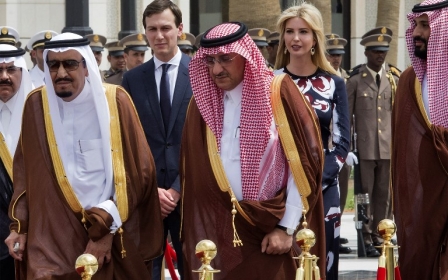Qatar ambassador to return to Iran, says foreign ministry

Qatar said on Wednesday it decided to return its ambassador to Tehran, more than 20 months after he was recalled in protest over the ransacking of Saudi Arabia's missions in Iran by demonstrators angry at Riyadh's execution of a Shia Muslim cleric.
The Qatari decision comes amid a row between Doha and fellow Gulf Cooperation Council members Saudi Arabia, Bahrain and the United Arab Emirates, which together with Egypt accuse Qatar of supporting terrorism, a charge it denies.
"Qatar announced that its ambassador to Tehran will return to resume his diplomatic duties," the Qatari foreign ministry's information office said in a statement in Arabic on its website. It added that Doha wanted to strengthen ties in all fields with the Islamic republic.
The information office also said that Qatari Foreign Minister Sheikh Mohammed bin Abdulrahman al-Thani discussed "bilateral relations and means of boosting and developing them" in a telephone call with his Iranian counterpart Javad Zarif.
The Qatari foreign ministry did not say when the ambassador will return to Tehran.
Back in June, Iranian President Hassan Rouhani said his country wants to bolster ties with Qatar and rejected a Saudi-led blockade of the Gulf Arab emirate.
"Iran's policy is to develop more and more its relations with Doha," Rouhani said in a phone conversation with the emir of Qatar, Sheikh Tamim bin Hamad al-Thani, according to the presidency website.
"Tehran stands alongside the people and government of Qatar and we believe that... pressure, threats and sanctions are not a good solution to solve problems" between countries of the region, Rouhani added.
Iran will also exchange diplomatic visits with Saudi Arabia, Tehran said on Wednesday, indicating a possible thaw in relations between the regional rivals since they severed diplomatic ties last year.
Iran's foreign minister, Mohammad Javad Zarif, told the Iranian Students’ News Agency (ISNA) that the visits could take place after the Hajj pilgrimage ends in the first week of September.
"The visas have been issued for both sides to make this trip," Zarif said, according to ISNA. "We are waiting for the final steps to be completed so diplomats from the two countries can inspect their embassies and consulates.
"Visits will probably take place after Hajj," he added.
New MEE newsletter: Jerusalem Dispatch
Sign up to get the latest insights and analysis on Israel-Palestine, alongside Turkey Unpacked and other MEE newsletters
Middle East Eye delivers independent and unrivalled coverage and analysis of the Middle East, North Africa and beyond. To learn more about republishing this content and the associated fees, please fill out this form. More about MEE can be found here.




